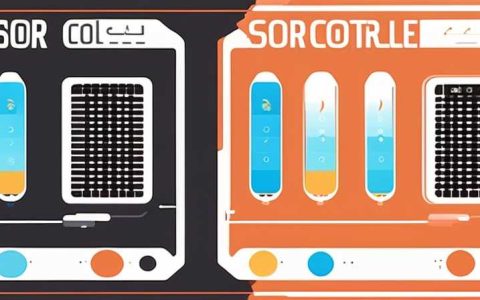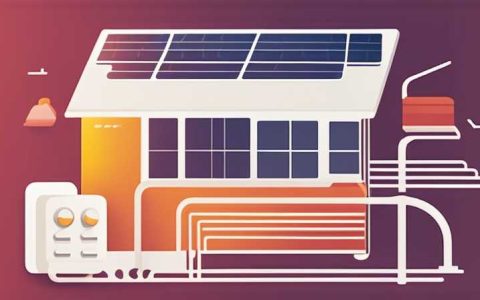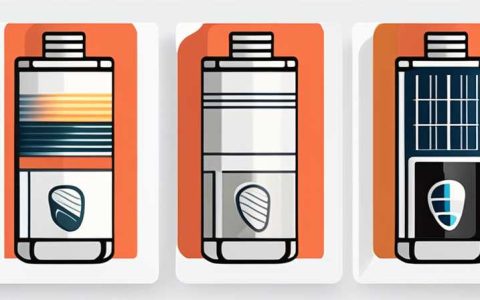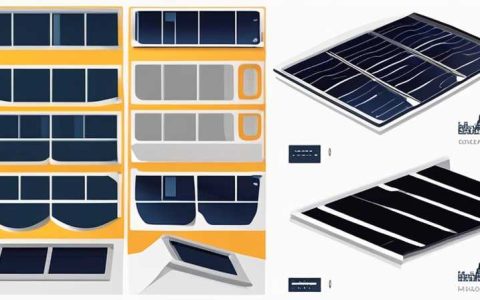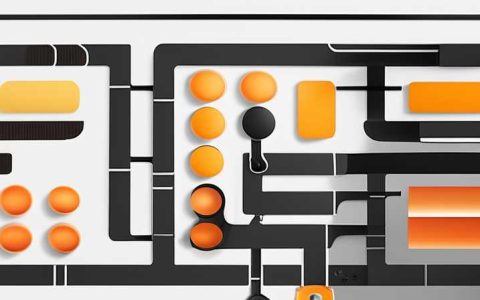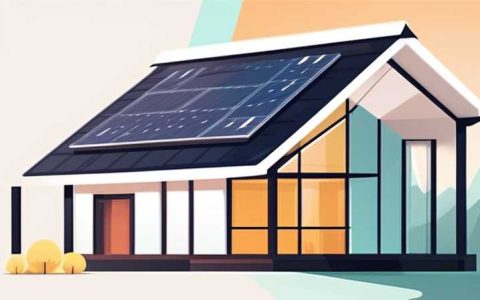
To address the issue of solar buzzing sound effectively, it’s essential to understand the root causes and implement appropriate solutions. 1. Identifying the source of buzzing, 2. Inspecting solar components, 3. Applying sound dampening techniques, and 4. Consulting with professionals are all pivotal in mitigating this phenomenon. Delving deeper into these factors, a significant point to consider is the identification of the source of buzzing, which can often stem from electrical components within the system or mechanical vibrations in mounting structures. The buzzing may not only be an annoyance but can also signify underlying issues that could affect the efficiency of the solar panel system.
1. UNDERSTANDING THE BUZZING SOUND
In many solar panel systems, a buzzing noise often surfaces, leaving homeowners perplexed. This phenomenon typically arises from electrical components such as inverters or transformers, which may emit a high-frequency tone as they convert DC electricity into AC. These sounds are usually more noticeable during peak sunlight hours when the system is operating at full capacity. Analyzing these components will provide insight into whether the system is functioning efficiently or if there is a more significant issue at play.
Moreover, certain electrical environments can contribute to this noise. Vibrations and fluctuating electrical loads can interact with various components, producing audible sounds. Investigating the specifics of your installation, including the type of inverter used, can shine light on the nature of the buzzing. Understanding the operational mechanics can empower homeowners to address and potentially rectify the situation before it escalates.
2. INSPECTING SOLAR EQUIPMENT
An essential step in resolving solar buzzing sounds is to conduct a thorough inspection of the solar panel system’s components. Begin by assessing the inverter, as it is often the primary culprit behind buzzing noises. Inverters come in a variety of types, including string inverters and microinverters, each exhibiting different characteristics. String inverters tend to be more prone to audible hums due to their larger size and power conversion process.
During inspection, consider examining the mounting hardware as well. Loose or improperly secured equipment can create vibrations that resonate through the structure, resulting in noticeable noises. Tightening any loose screws or bolts can potentially eliminate the sound. Furthermore, evaluate the integrity of any wiring or connections, as frayed or exposed wires can also introduce electrical interference, leading to buzzing.
3. SOUND DAMPENING TECHNIQUES
Implementing sound dampening techniques can significantly lessen or even completely eliminate unwanted buzzing from solar panel systems. Acoustic treatments can be installed near the source of the noise, helping to absorb sound waves and reduce their transmission. Materials like acoustic panels or soundproofing materials can be placed strategically around inverters to create a quieter environment.
Additionally, consider constructing sound barriers if the buzzing is pervasive. These barriers can serve as insulation against external noise pollution and can be constructed using dense materials, which have been shown to successfully attenuate sound. It is crucial to ensure that such installations do not hinder air circulation or the overall efficiency of the solar panel system, as unrestricted airflow is essential for optimal performance.
4. CONSULTING PROFESSIONALS
If the buzzing persists despite troubleshooting efforts, it may be wise to consult with professionals who specialize in solar energy systems. Engaging with a certified technician can provide insights that are not immediately apparent to the average homeowner. They can perform diagnostics and evaluate the solar system comprehensively to identify less obvious factors contributing to noise issues.
Moreover, professional assistance can help ensure compliance with local regulations and safety standards. Sometimes, ongoing buzzing may be indicative of a warranty issue or a deeper electrical problem, potentially endangering the entire system. Expert opinions can provide the necessary peace of mind while potentially saving homeowners from future complications.
FREQUENTLY ASKED QUESTIONS
WHAT ARE THE MAIN CAUSES OF SOLAR BUZZING NOISES?
Solar buzzing noises primarily stem from inverters that convert direct current (DC) energy from solar panels into alternating current (AC) electricity for home use. The buzzing may also arise from loose components, mechanical vibrations from mounting structures, or electrical interference from nearby devices. High temperatures and humidity may exacerbate these sounds, leading to heightened awareness of the problem, especially in quiet environments.
CAN BUZZING NOISE BE HARMFUL TO SOLAR EQUIPMENT?
Generally, while buzzing sounds themselves are not inherently harmful, they can indicate potential issues within the solar system. Persistent buzzing might suggest that the inverter or other electrical components are functioning under stress, which can lead to reduced efficiency or even device failure. Therefore, it’s prudent to investigate the source of the noise to ensure the longevity of the equipment and maintain optimal performance.
HOW CAN I PREVENT SOLAR BUZZING NOISE?
Preventative measures include ensuring proper installation practices and using high-quality components that minimize resonation. Regular maintenance checks on inverters and associated hardware are vital. Additionally, ensuring that all electrical connections are secure and that no components are vibrating can mitigate buzzing. Utilizing soundproofing techniques can also be beneficial in minimizing auditory disruptions.
Addressing the solar buzzing sound requires a multifaceted approach that spans the identification of the root cause, meticulous inspection of equipment, implementation of sound-dampening techniques, and potentially seeking the guidance of professionals. Recognizing that while the noise might be bothersome, it also serves as an indicator of the system’s health is critical. Consequently, maintaining a proactive stance not only enhances the tranquility of your living space but also ensures the solar panel system operates at peak performance. After addressing these concerns, the importance of routine maintenance and monitoring cannot be overstressed. Regular assessments will help catch any potential issues early, allowing you to rectify them before they escalate into more challenging, costly problems. Hence, whether the buzzing sound is a minor nuisance or a more significant indicator of underlying issues, prompt action and informed decision-making are paramount in preserving the integrity and efficiency of your solar energy setup.
Original article by NenPower, If reposted, please credit the source: https://nenpower.com/blog/how-to-solve-the-solar-buzzing-sound/



